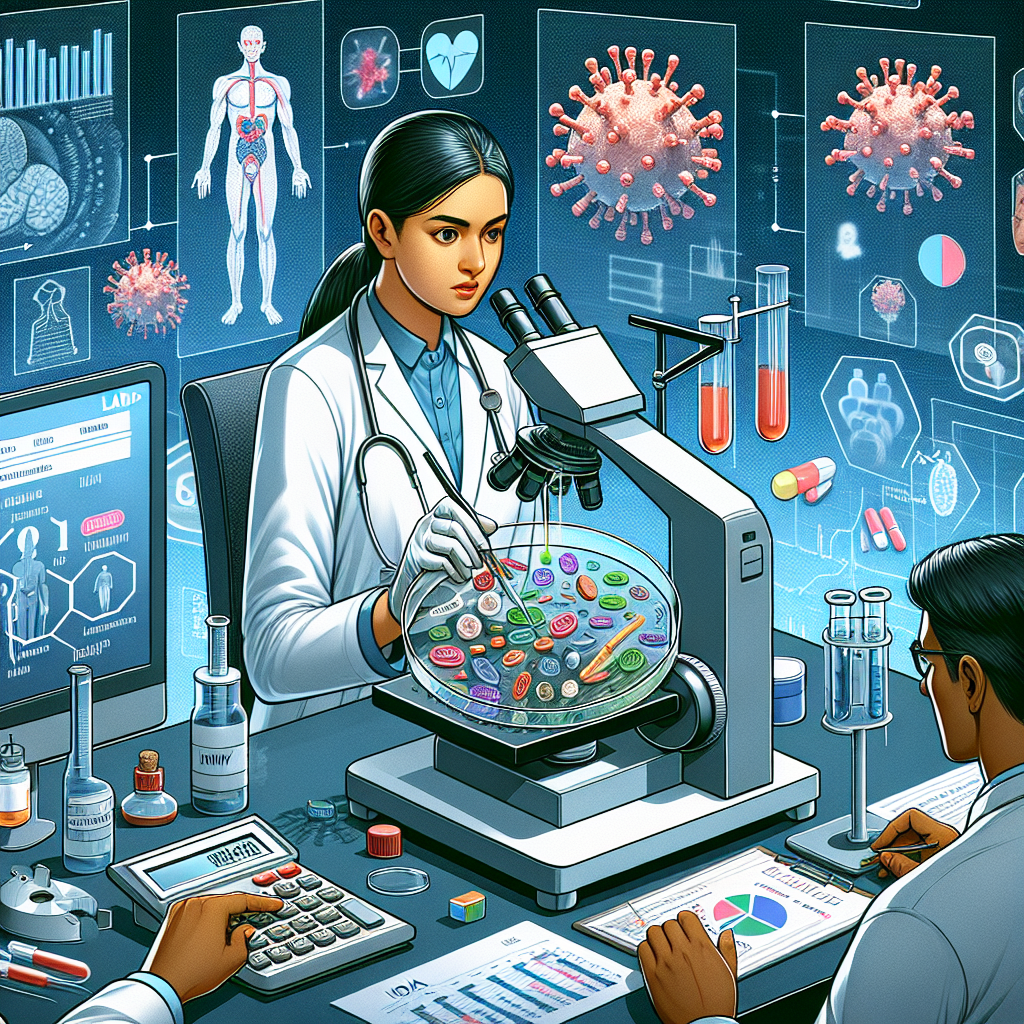Accessing HIV Drugs and PrEP: Challenges and Solutions

Accessing HIV drugs and PrEP can be a complex issue highly dependent on the availability of health clinics and professionals, as well as efficient distribution systems. In many countries, individuals face significant barriers to obtaining these essential medications due to inadequate health infrastructure. This situation not only threatens the health of many but also exacerbates the global HIV epidemic.
Understanding the Barriers to Access
The challenges surrounding access to HIV medications and PrEP can be categorized into several key areas:
- Health Infrastructure: Availability of health clinics that can provide necessary medications is often limited in many regions. This leads to decreased accessibility for those in need.
- Healthcare Professionals: A shortage of trained health professionals hampers the ability to prescribe and manage HIV treatment effectively.
- Supply Chain Issues: Disruptions in the supply chain can result in intermittent stockouts of crucial HIV medications, making consistent treatment difficult for patients who rely on these drugs.
- Economic Barriers: Financial limitations may prevent individuals from obtaining medications, even when they are available.
The Importance of Enhanced Infrastructure
To address these issues and improve access to HIV treatment:
- Investment in Health Facilities: Governments and organizations must prioritize the development of health clinics, especially in underserved areas.
- Training Healthcare Workers: Ensuring healthcare professionals receive proper training in HIV care will enhance patient management and support.
- Streamlining Supply Chains: Developing reliable distribution channels can ensure that medications are consistently available when needed.
- Financial Assistance Programs: Implementing programs that subsidize costs for patients can alleviate economic barriers to accessing care.
Conclusion
Improving access to HIV drugs and PrEP is crucial for combating the epidemic. By addressing the underlying issues of health infrastructure, professional training, supply chain reliability, and financial accessibility, we can work towards a future where everyone has the opportunity to receive the care they need. Enhanced efforts in these areas will not only help those living with HIV but also contribute to overall public health improvements.
